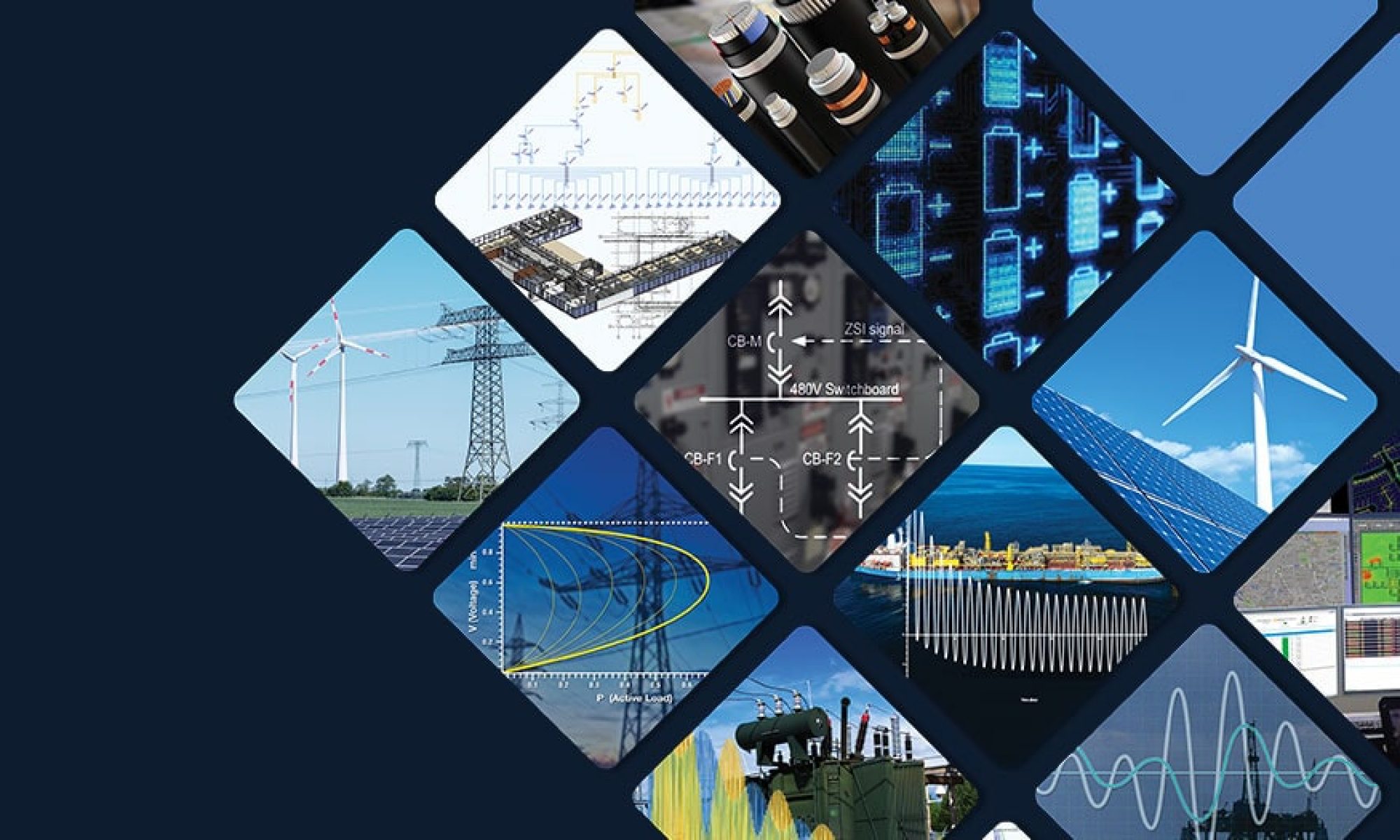The Doctorate is divided into two thematic Curricula: Electrical Engineering (referent Prof. Mario Marchesoni ) and Complex Systems for Mobility (referent Prof. Federico Silvestro )
Electrical Engineering Curriculum
The topics on which the curriculum is concentrated offer an innovative vision of Electrical Engineering in an interdisciplinary general framework. In this sector, in fact, a profound reorganization of industrial structures is taking place, with alliances and mergers between automation, energy, electronics and transport companies, and with important openings towards companies in the advanced tertiary sector. The same process is also underway in the scientific field and has led the topics proposed for this PhD to be increasingly interacting and interdisciplinary. The research lines themselves testify to the highly interdisciplinary character of the doctorate with important involvement in sectors in which the use of electricity, the systemic methodological approach typical of the electric and electronic world and the adoption of complex electro-magnetic devices are increasingly significant. The Doctorate is essentially based on coordinated didactic activity and on an intense research activity, duly guided by a tutor, with permanence also in international offices, aimed at making the candidate acquire independent work skills, analysis and synthesis with innovative contributions. Through a targeted teaching and a constant action of the tutor teachers, the topics of transversal skills, that is psychological-communicative aspects and personal interaction, which often have a significant importance in research activity and in an effective dissemination of results.
The research topics concern: (A) Automation: industrial, process and transport. Manufacturing plants modeling. Management, monitoring and control of electrical systems. Innovative techniques and optimization for electromagnetic device design. Electric drives for robotics, manufacturing automation and processes. Advanced instrumentation and fieldbus applications. (B) Energy: Protection from electrostatic hazard. Insulation defects evaluation with partial discharge measurement. Technical-economic evaluations for the energy market. Distributed generation. Quality of service. Optimization algorithms, distribution management systems, load forecasts and renewable energy resources, with methods based on artificial intelligence, data mining, big data and probabilistic safety assessment. Design of switches, machines, electric actuators and magnetic devices for energy storage. Static energy converters. (C) Electronics: Modeling systems and power electronic components. Advanced control techniques for converters. Electrostatic discharge protection systems for electronic devices. Complex systems modeling. Analysis and synthesis of circuits and nonlinear dynamic systems. Neural networks. Electronic systems project. (D) Industrial electromagnetic compatibility: Electromagnetic compatibility between electrical, power electronic and communications systems. Modeling, simulation and measurement methods. Lightning current numerical modeling. Electromagnetic modeling with full Maxwell approach. (E) Transport: Traffic management and control systems. Modeling for predictive RAMS analysis. Electrified systems for public transport. Energy management of electric and hybrid vehicles. Electric traction motor diagnostics. Electric drives for rail traction, rubber and ship propulsion. (F) Environment: Numerical simulation and measurement and field reduction techniques. Optimized design of low emission devices. Low environmental impact systems.
Complex Systems for Mobility Curriculum
The most competitive industrial companies at national and international level tend increasingly to share experiences in various sectors (automation, energy, ICT, naval and non-naval transport, to name just a few) to introduce “intelligence” into the systems of interest, whether these are electrical networks, naval systems, automation systems or other structures. The same trend is naturally in place, and even more developed, also in the scientific field and has led the topics addressed in the various curricula proposed by the previous Doctorates (and still present in the other curricula of this Doctoral Course) to be increasingly interdisciplinary and between interacting with them, with lines of research in which the use of electricity, the design of naval vehicles (for transport, maritime activities and pleasure boating), the methodological-systemic approach typical of the electric world and electronic and the adoption of complex devices of various kinds integrate and complement each other.
In addition to the scientific insights of the classic themes that constitute the natural cultural background of electrical and naval engineering, which are the subject of the other two curricula, in this curriculum both technical topics will be developed at the crossroads of the typical skills of these two sectors, today ever greater interest, both issues related to the transport sector, transversal with respect to the issues of electrical and naval engineering, and application topics typical of the ICT sector, also of great interest, as mentioned above, to allow the definition of effective control and management of complex multidisciplinary systems that are increasingly needed today in many contexts relating to the most advanced technologies.
The research topics concern: (A) Complex systems in electrical and naval engineering: electrical networks, naval systems, automation systems. (B) Intelligent mobility of people and goods: planning aspects (for example relating to LPT-local public transport, city logistics, etc.), simulation, of “intelligent” transport systems (infomobility, AVM, V2V, V2I communication, etc.), to evaluate the external costs of transport. (C) Maritime and marine transport systems: systems to support navigation safety and the development of technologies and planning systems to support European policies of “Integrated Coastal Zone Management” and “Maritime Spatial Planning”. (D) Components and technological systems for means of transport that allow to reduce the external costs of transport and to raise safety levels: electric propulsion systems for electric and hybrid vehicles on rubber or on iron, management of energy flows of said vehicles, modeling for predictive RAMS analysis, traffic management and control systems in constrained driving systems, electronics and electric traction drives. (E) Modeling of complex systems: formulation / identification of mathematical models (starting from experimental data) and their analysis and numerical simulation. The models will mainly refer to the electrical and naval sector, but may concern more general problems whose solution is of application interest for these sectors (for example, electrical activity of neuron networks or circuits).
